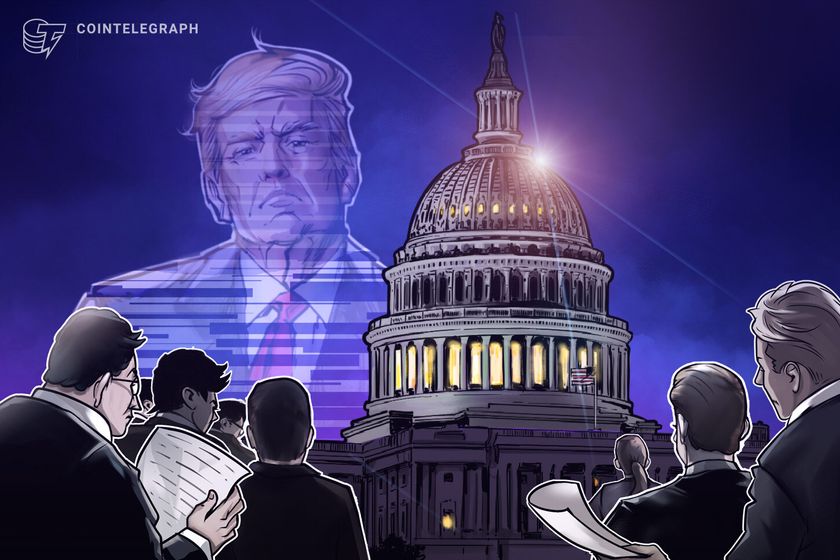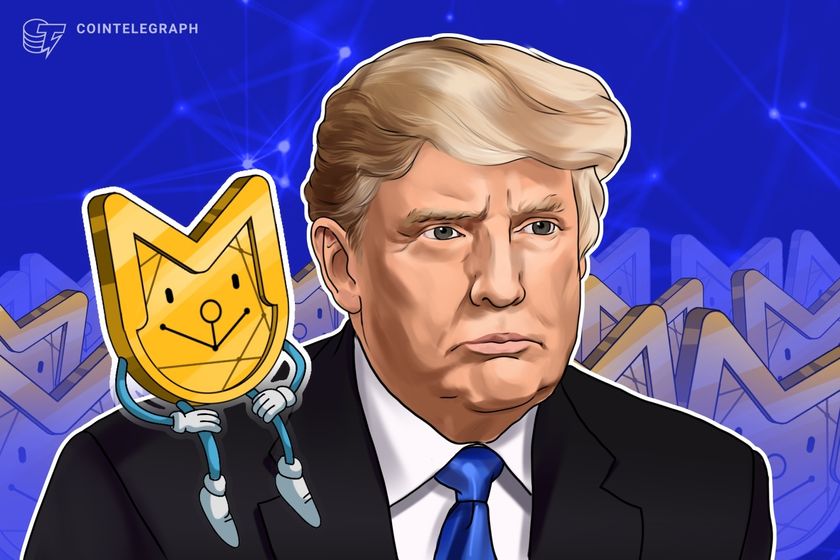CZ Zhao Denies WSJ Report Linking Him to Trump-Affiliated Crypto Project
Changpeng “CZ” Zhao, the co-founder and former CEO of Binance, is pushing back against a recent report in The Wall Street Journal (WSJ) that suggests he played a key role in facilitating deals for World Liberty Financial (WLF), a decentralized finance project with ties to Donald Trump. Zhao has strongly refuted these claims, calling the WSJ article a “hit piece” filled with inaccuracies. This news falls under the Uncategorized category, as it touches on various aspects of the crypto world, including key figures and regulatory concerns.
Zhao’s Rebuttal on Social Media
In a post on X, Zhao addressed the WSJ’s portrayal of his alleged involvement with WLF, a project backed by a business entity connected to Donald Trump, whose sons Eric and Donald Jr. are involved in its management. According to the WSJ, Zhao supposedly acted as a “fixer” for the WLF team and its co-founder, Zach Witkoff, during international trips.
The article implied that Zhao facilitated introductions and meetings for WLF leaders, including a visit to Pakistan that led to a memorandum of understanding with a local official. Zhao firmly denied these allegations, stating, “I am not a fixer for anyone.” He clarified that he did not connect Pakistani official “Mr. Saqib” with WLF and that they had known each other long before he met Mr. Saqib in Pakistan.
WSJ’s Investigation into WLF
The WSJ’s investigation highlighted the complex relationships between diplomatic and business interests involving WLF. The report raised concerns about potential conflicts of interest, focusing on the dealings of WLF co-founders Steve Witkoff and his son, Zach Witkoff. Steve Witkoff serves as the US Special Envoy to the Middle East, while Zach Witkoff has been involved in securing a reported $2 billion crypto deal. As reported by Cointelegraph, the report questioned whether diplomatic efforts were overlapping with private crypto ventures and suggested Zhao might have been trying to gain favor with the Trump administration.
Adding another layer to the story, Zhao confirmed on May 6 that he is seeking a pardon from the Trump administration for his previous money laundering conviction. The WSJ report also pointed out that WLFI, which has raised over $600 million in token sales, does not disclose all of its investors, except for publicly known figures like Tron founder Justin Sun, who recently attended Trump’s memecoin dinner.
Trump hosted this dinner for major investors in his Official Trump (TRUMP) memecoin, with attendees including Sun, Magic Eden CEO Jack Lu, and BitMart CEO Sheldon Xia.
Zhao’s Defense Against Allegations
Zhao argues that the WSJ’s report is an attack on the broader crypto industry. He claims that the publication submitted questions based on “wrong and negative assumptions.” While he and his PR team responded by correcting factual inaccuracies, Zhao believes the article is fundamentally flawed.
He further accused the WSJ of being a “mouthpiece” for anti-crypto forces in the United States, aiming to hinder the country’s progress as a crypto hub. According to Zhao, these forces are attempting to undermine crypto, its leaders, and the pro-crypto sentiment within the administration. This isn’t the first time Zhao has clashed with the WSJ; a previous report alleged he agreed to testify against Justin Sun as part of his settlement with US prosecutors, which Zhao also refuted.
In Conclusion
The back-and-forth between CZ Zhao and The Wall Street Journal highlights the ongoing scrutiny and debate surrounding the intersection of cryptocurrency, politics, and business. Zhao’s strong denial of the WSJ’s claims underscores the contentious nature of the report and its implications for his reputation and the broader crypto industry. As the situation unfolds, it remains to be seen how these allegations will impact Zhao’s efforts to seek a pardon and the future of crypto regulation in the United States. This situation is particularly relevant as discussions around Bitcoin, Ethereum, and other cryptocurrencies continue to gain traction.
Disclaimer
The information provided in this article is for informational purposes only and does not constitute financial advice. All news content is sourced from trusted platforms like Cointelegraph, Bitcoinist, and our own writers written with added value, editorial insights and reviews by our team. Always do your own research before making any investment decisions.



